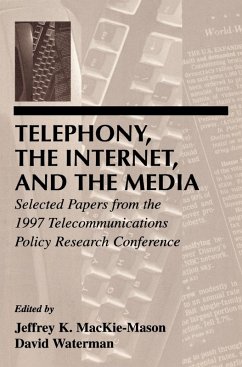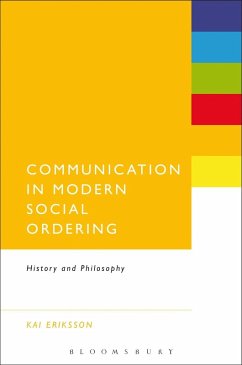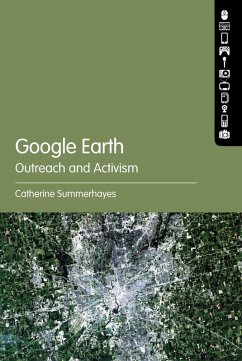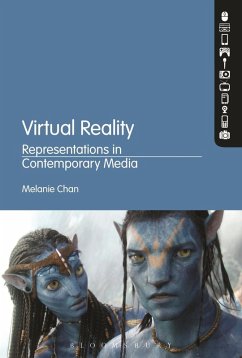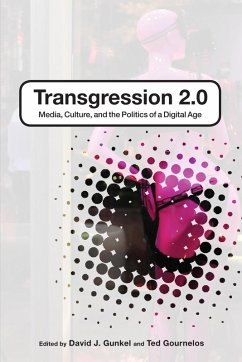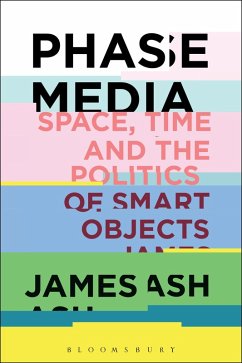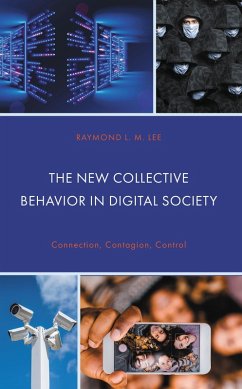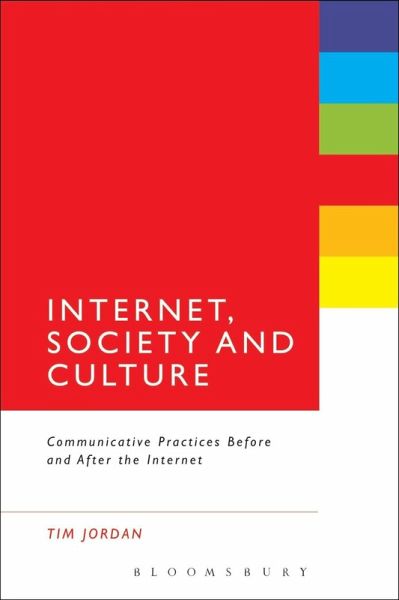
Internet, Society and Culture (eBook, PDF)
Communicative Practices Before and After the Internet
Versandkostenfrei!
Sofort per Download lieferbar
32,95 €
inkl. MwSt.
Weitere Ausgaben:

PAYBACK Punkte
16 °P sammeln!
The internet has changed the way we communicate and so changed society and culture. Internet, Society, and Culture offers an understanding of this change by examining two case studies of pre and post internet communication. The first case study is of letters sent to and from Australia in 1835-1858 and the second is a study of online gaming. In both case studies, the focus is on the ways communication is created. The result is the definition of two types of communication that are lived simultaneously in the twenty-first century. One type of communication is from before the internet and relies o...
The internet has changed the way we communicate and so changed society and culture. Internet, Society, and Culture offers an understanding of this change by examining two case studies of pre and post internet communication. The first case study is of letters sent to and from Australia in 1835-1858 and the second is a study of online gaming. In both case studies, the focus is on the ways communication is created. The result is the definition of two types of communication that are lived simultaneously in the twenty-first century. One type of communication is from before the internet and relies on the body having touched and created a message-for example, by attaching signature-to stabilise the nature of sender, message and receiver. Internet-dependant communication is different because no identity-marker can be trusted on the internet and so individuals' styles of communicating are used to stabilise the transmission of messages. Being after the internet means having to live these two contradictory forms of communication.






